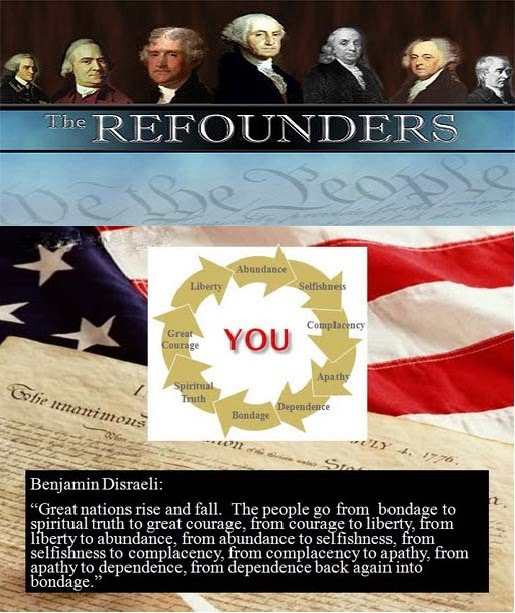ClimateGate’s Next Phase: False Claims Act Lawsuit
by Bradley A. BenbrookThe United States government has shelled out huge sums of money to universities, think tanks, and businesses to study global warming climate change. The government is poised to dole out even more money for climate-change “solutions” like the cap-and-trade scheme. With the revelations about the lengths to which the leading group of global warming doomsayers went to “hide the decline” in temperatures in their seminal studies – studies that themselves spawned an avalanche of government spending – the world is seeing that the entire enterprise may be based on a fraud.

That leaves only the judicial branch as a place where climate change fraud can be unmasked in a government forum.
Individuals with inside knowledge about scientists, businesses, or any organization who knowingly used false statements to get (or keep) government money to perpetuate the “climate change” machine should consider a lawsuit under the federal False Claims Act.
The False Claims Act permits whistleblowers to sue in the name of the government as a “qui tam” plaintiff. Qui tam whistleblowers have used the FCA for decades to police (some would say hound) government contractors accused of obtaining government money by means of false statements. What’s the non-altruistic incentive for exposing fraud on the government? Successful whistleblowers can keep a share of the money that a federal judge or jury says should be paid back to the government, sometimes up to 30% of the recovery. Indeed, whistleblowers have recovered hundreds of millions of dollars in these suits over the last 20 years.
There is no reason this legal tool can’t be used against unscrupulous professors, scientists, and “green jobs” hucksters who knowingly submit false statements to get government grants that fund their research, fuel their green-tech start-ups, and underwrite their proselytizing about supposed man-made climate change.
Importantly, false statements necessary to justify a False Claims Act suit don’t have to involve the same type of data-manipulation exposed in the current ClimateGate scandal. A climate-fraud FCA case could be made out of any type of false statement made in order to get or keep government money. Government grants and contracts typically involve a significant amount of ongoing certification of compliance with bureaucratic restrictions – think of a government contractor’s progress reports or a hospital’s never-ending stream of paperwork assuring that all is in order – and false statements in this paperwork may open the door to a lawsuit.
What about retaliation against those who blow the whistle on their organization or their boss? The law provides extremely strong protections for those who bring a lawsuit. In fact, the FCA contains separate provisions permitting whistleblowers to recover for such retaliation.
Finally, a few important caveats for anyone considering a qui tam suit:
First, secrecy is important, at least at the beginning. You may lose the opportunity to litigate on behalf of the government if you or someone else publicizes your inside information. The FCA imposes strict guidelines on whistleblowers’ ability to maintain suits based on information that has been publicly disclosed.
Second, states and state universities (like Prof. Michael Mann’s employer Penn State) cannot be sued under the FCA for reasons having to do with federalism, but individuals working at state universities can be named as defendants if they caused false claims to be submitted.
Third, before filing suit, whistleblowers must share the information supporting their suit with the Justice Department. Although the government has the option of taking over the litigation to recover the money, it is unlikely, to say the least, that the current Justice Department would assist a whistleblower whose FCA case threatened to undermine the administration’s climate-change policies. If (or when) the government declines to intervene, the whistleblower plaintiff and their lawyers can vigorously prosecute the lawsuit, with all the powerful tools of pre-trial discovery.
A climate fraud False Claims Act suit would be no small undertaking. The rewards, however, could be quite substantial, and not just in monetary terms. Who would like to see a videotaped deposition of a climate-change fraudster defending his or her actions under oath? I sure would.
-Source biggovernment.com



0 Comments:
Post a Comment